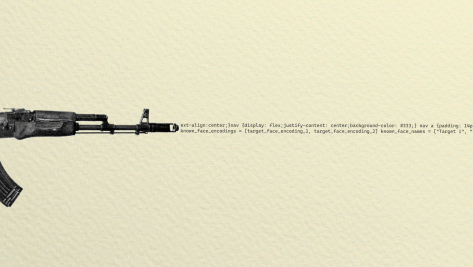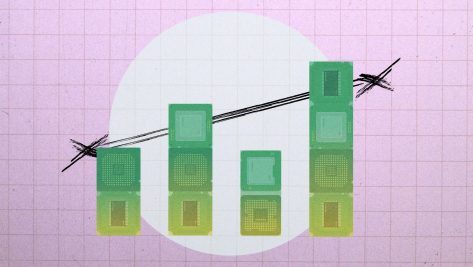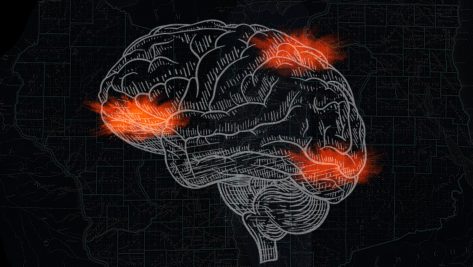Blockchain is the technology of the moment (and of the future). It is a system based on chains of data blocks that, once published, cannot be modified. For the field of city management, the transformative potential of this technology is enormous. To unleash this potential, public agents such as mayors and administrative teams must discover how the capabilities of blockchain systems can assist them in their management duties. In parallel, other professionals involved in city governance—architects, jurists, economists, geographers, and executives of municipal corporations—must also further their understanding of this technology. The ultimate goal is for these various stakeholders to deliver the local benefits of the blockchain ecosystem to society at large.
Blockchain4Cities: decentralized management
Blockchain technology allows city management to be distributed among all parties involved. The decentralized governance made possible by this approach could be the key to solving various sociodemographic problems that are on the rise.
Multiple studies have predicted that the future of the planet will be fundamentally urban. Current trends indicate that people are relocating to cities en masse. By 2025, nearly 70% of the global population will live in urban areas. The urban lifestyle will be the main engine of the global economy, but it will also be the planet’s greatest source of unsustainability. Pollution, stress on water resources, and social inequalities are just a few of the problems looming on the horizon. The optimistic view is that cities are the world’s innovation laboratory—as they have been throughout history—and can therefore be expected to generate solutions in various spheres that define the quality of urban life: infrastructure, transport, healthcare services, education, leisure, safety, etc.
Blockchain is a layer that can wrap these various sectors together. Innovation in this field is therefore a pressing issue. City governments will belong to everyone. Like the public and private stakeholders mentioned above, ordinary citizens are hungry for participation, democracy, and transparency—three key concepts that go hand in hand with the technology behind bitcoin.
The urban lifestyle will be the main engine of the global economy, but it will also be the planet’s greatest source of unsustainability.
Strategic urban planning: a holistic vision
Cities have moved beyond dealing with potholes, streetlights, and trash collection—a simplified version of vertical government, which was based on the classic city-hall organizational model. Everything has changed and the services provided today are much more varied. One direct consequence has been a change in how public affairs are managed: the verticality of public organization has become a horizontal vision. City departments are no longer independent; they have become concepts that form part of a comprehensive vision.
Urban planning is a totem that supports a government’s entire strategy. This strategy, in turn, is supported by horizontal tools like city marketing, with an abundance of data. Information and communication technologies will distribute this content to each silo, making for more efficient service management. This is the foundation of the smart city. Besides being efficient and sustainable, smart cities must create interoperable platforms that produce innovation ecosystems and services capable of predicting and monitoring real-time events—a capability previously reserved for very few. The idea is that this digital transformation will bring about a future open to participation.
Ordinary citizens are hungry for participation, democracy, and transparency—three key concepts that go hand in hand with the technology behind bitcoin.
Technology aligned with urban characteristics
Given the scenario outlined above and the need for responses to today’s urban challenges, blockchain could be a great ally. Indeed, the conditions for the use of this technology are closely aligned with the needs of smart cities:
- Multiple agents sharing information (society is hyperconnected and will become ever more so; the number of devices per person will also grow).
- Constant updating of data.
- The need to verify that shared data—and updates thereof—are valid.
- The existence of intermediaries who add complexity to management.
- Fast-paced, agile connections and participants who interact with one another.
Given this cocktail, the added value of blockchain lies in the possibility of sharing only the information that a participant wishes to know, while keeping everything else encrypted and inaccessible. Cryptography can be used to prevent manipulation, modification of information, and privacy violations. It seems logical that the “de-intermediated” agent—the city government—would try to resist the implementation of blockchain. In the world of Blockchain4Cities, however, business models are under no threat. On the contrary, public administrators will have no problem relinquishing their intermediary role so long as all other roles having to do with control, security, privacy, efficiency, transparency, etc., remain intact.
Cities such as Santiago de Chile, Toronto, Tel Aviv, Oslo, Milan, London, and Stockholm are already developing blockchain-based projects, while Dubai has set the high-priority objective of becoming the world’s first fully blockchain-powered city by 2020. A change in governance is coming soon.
© IE Insights.











